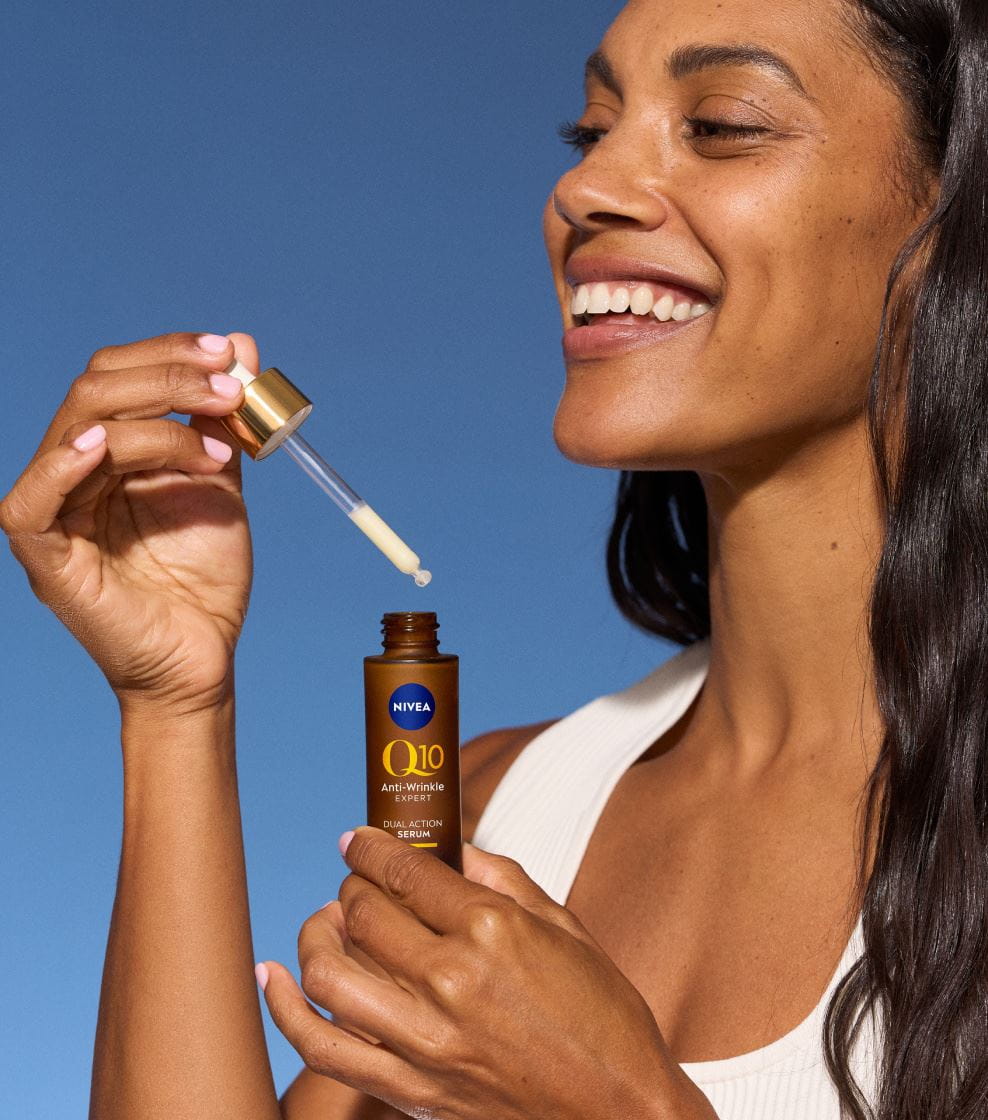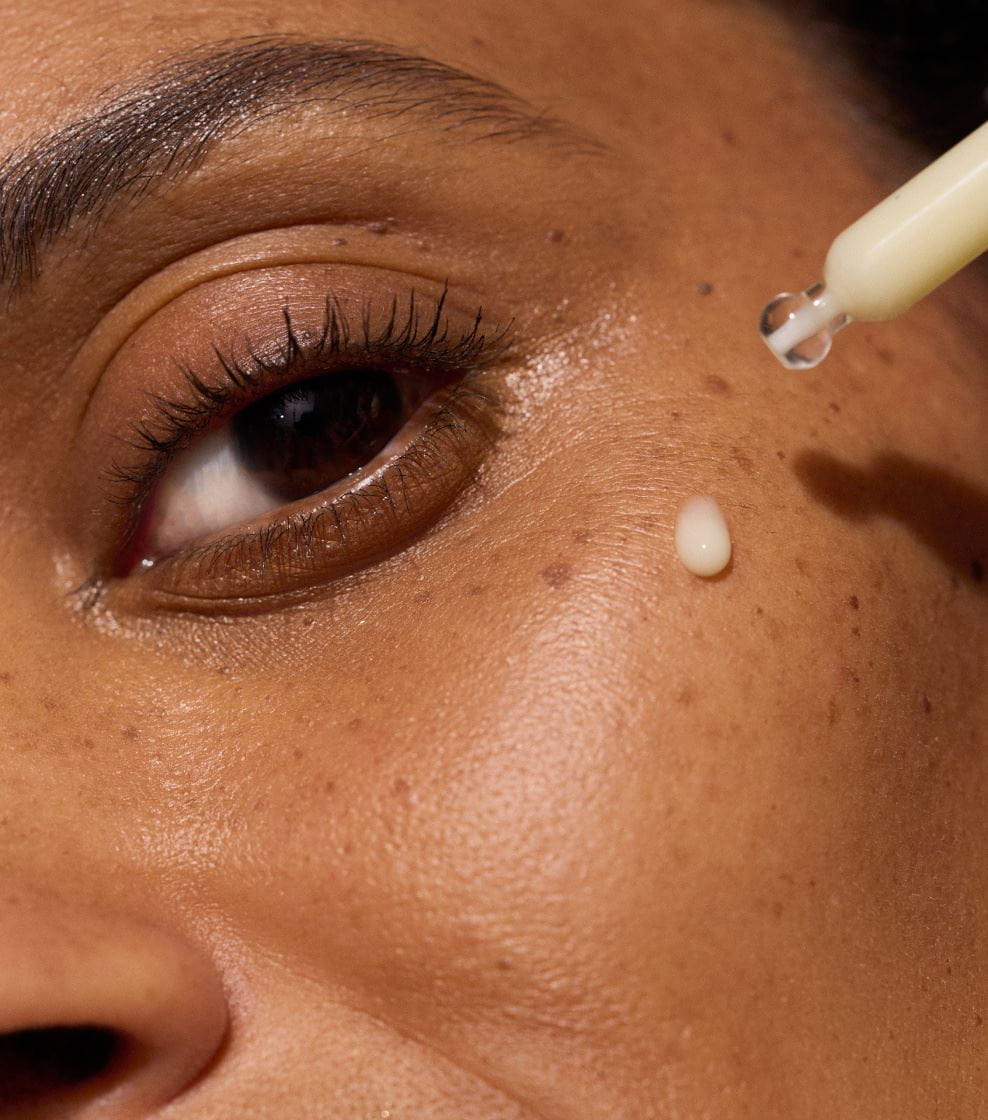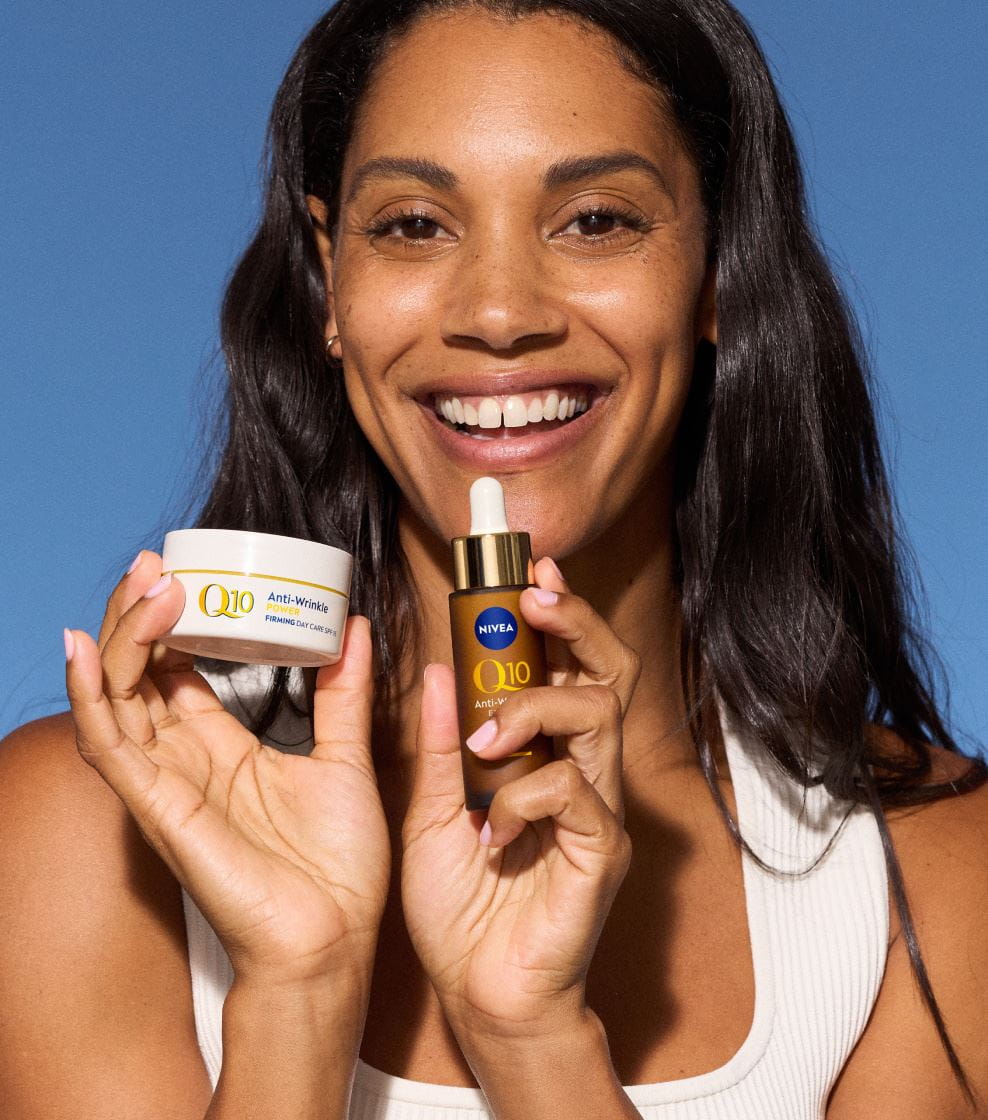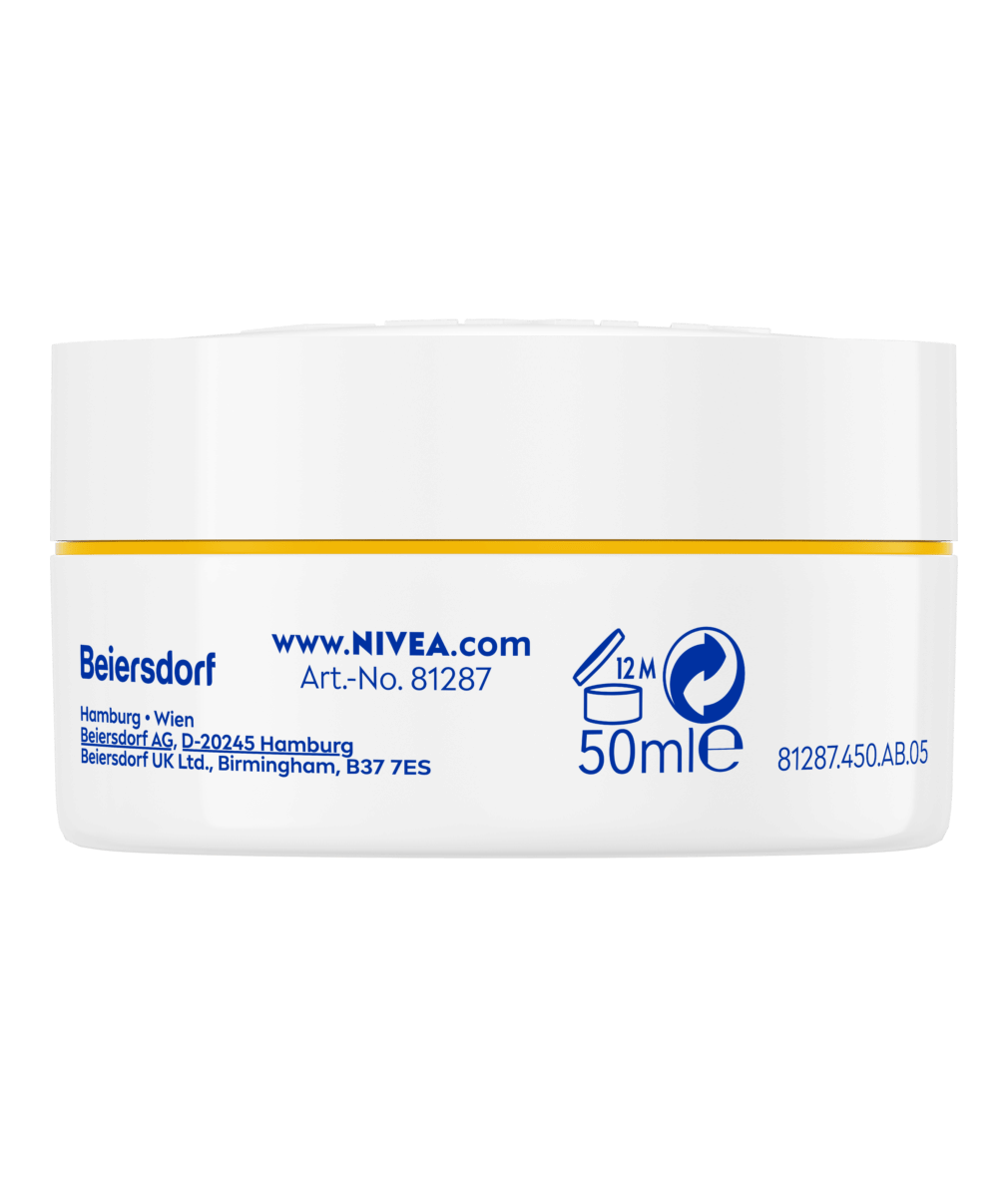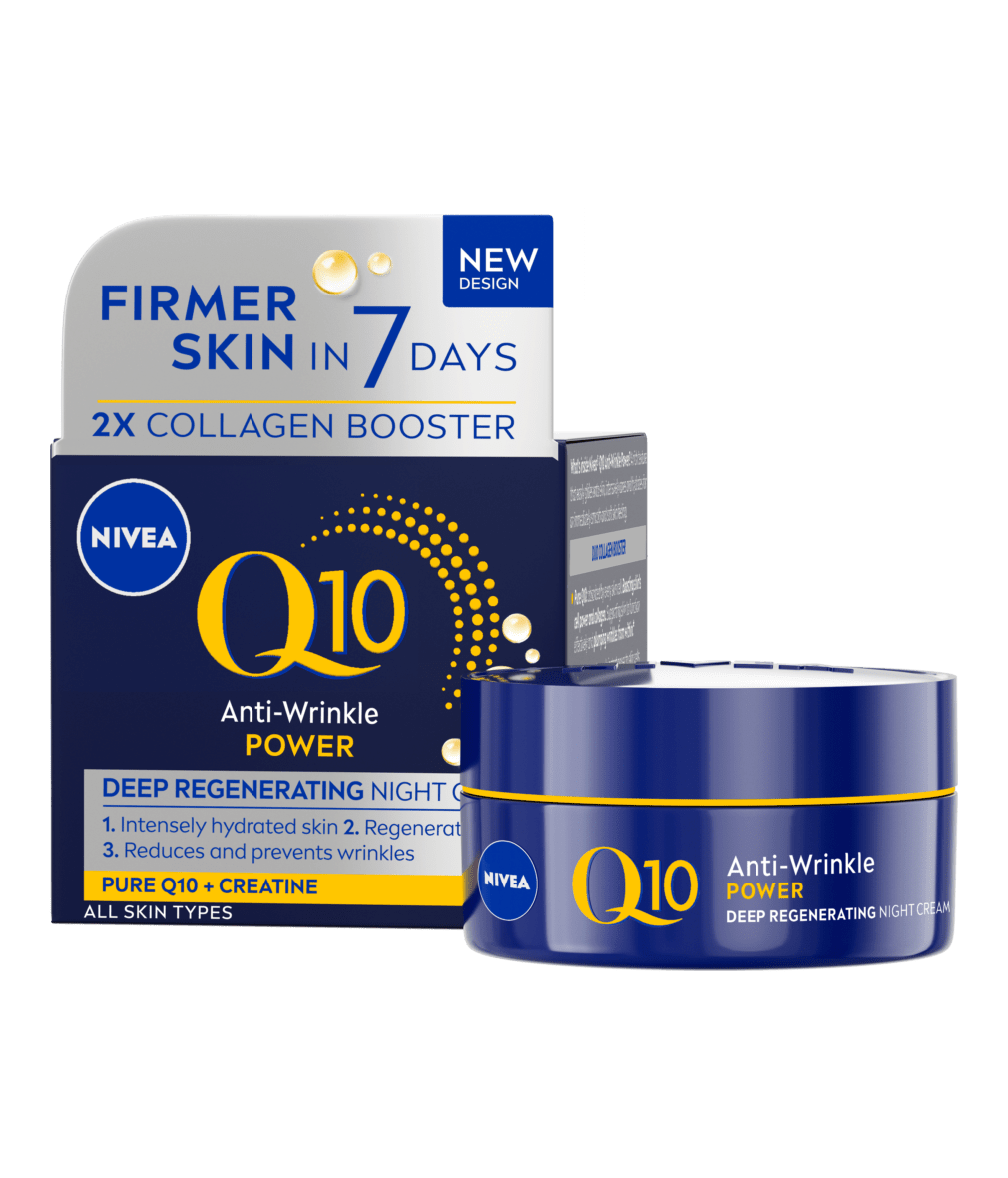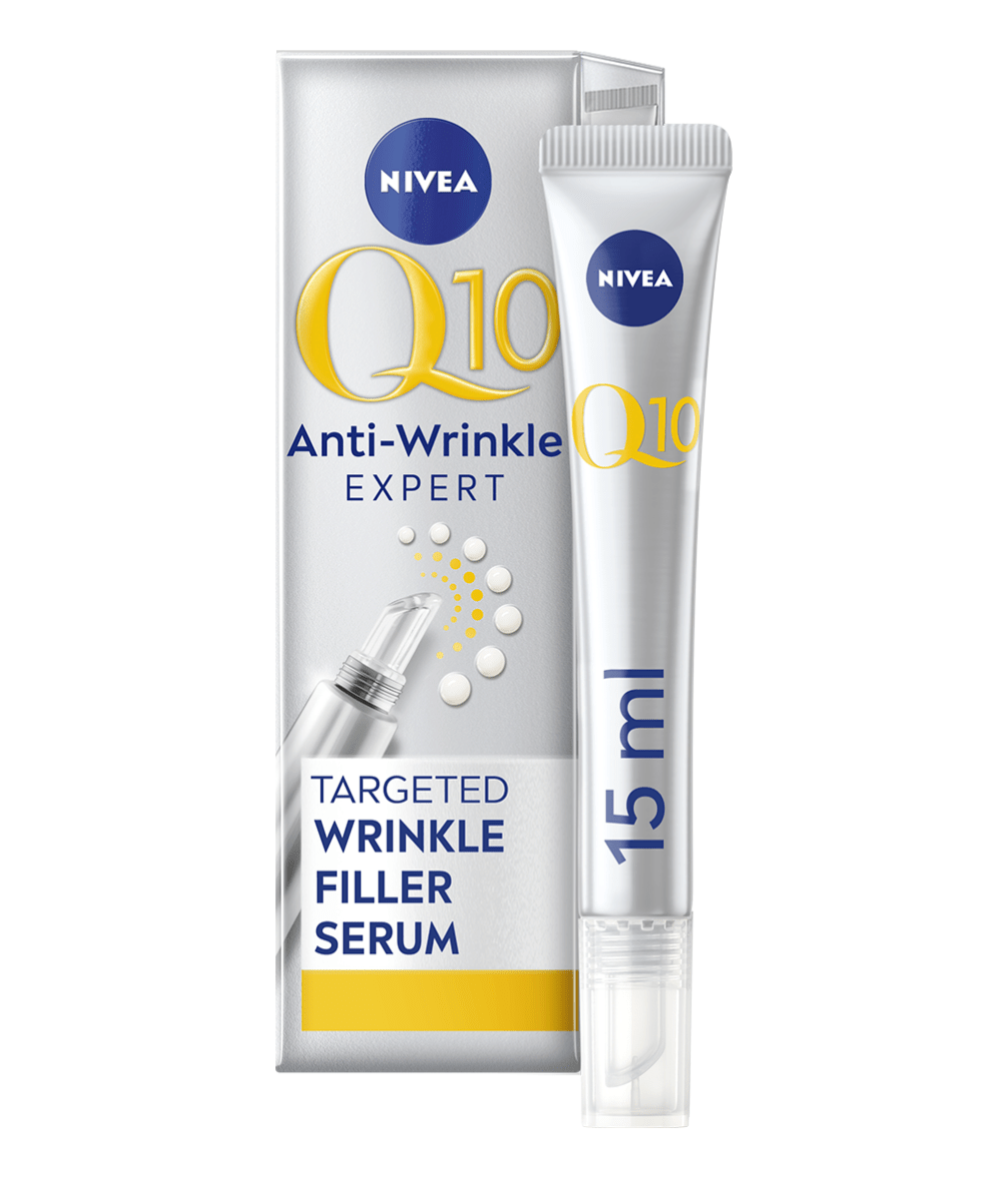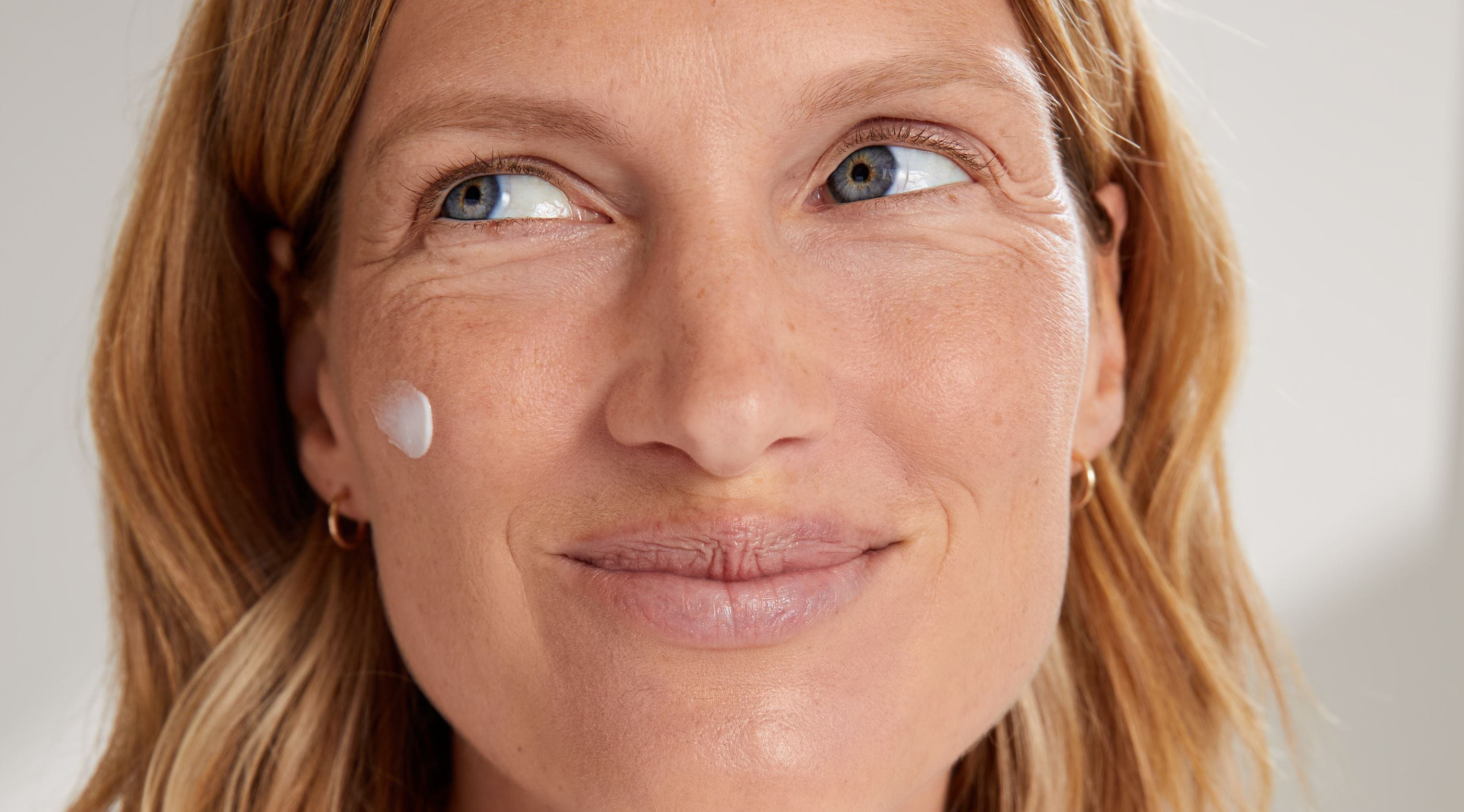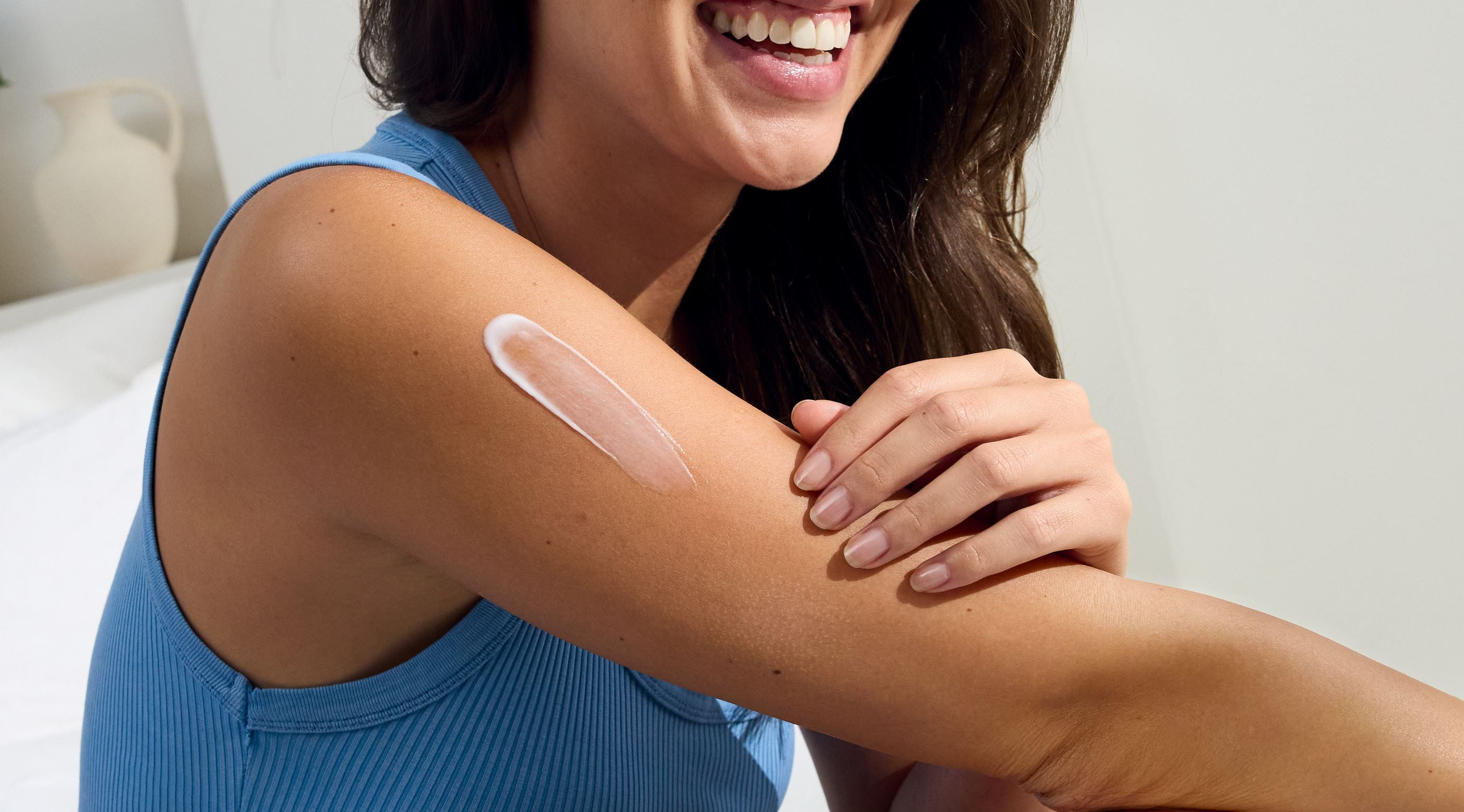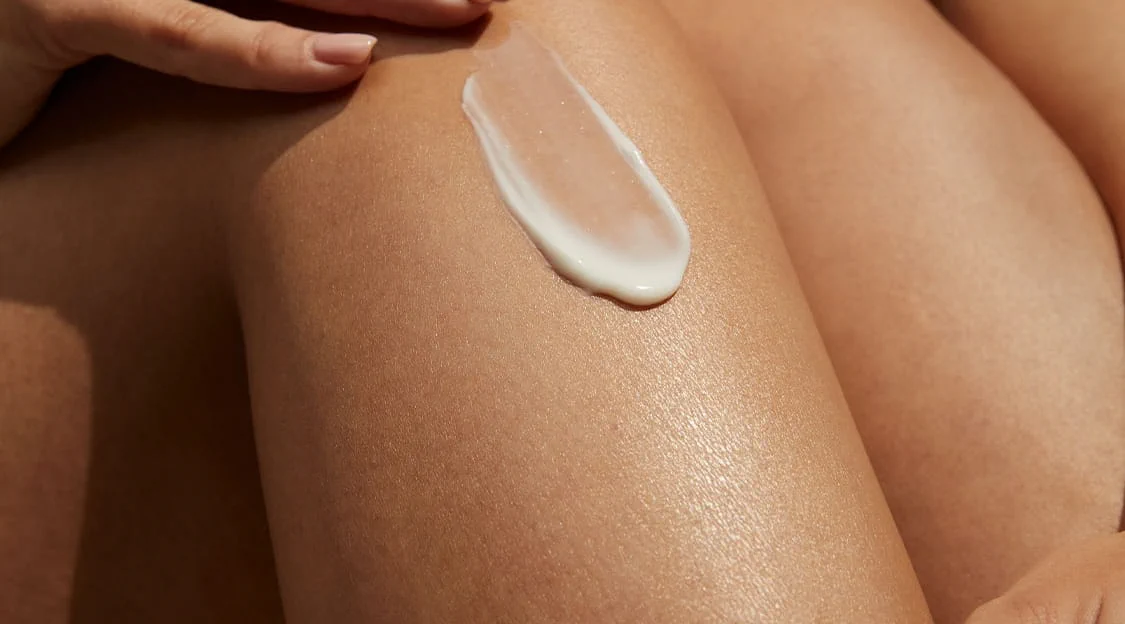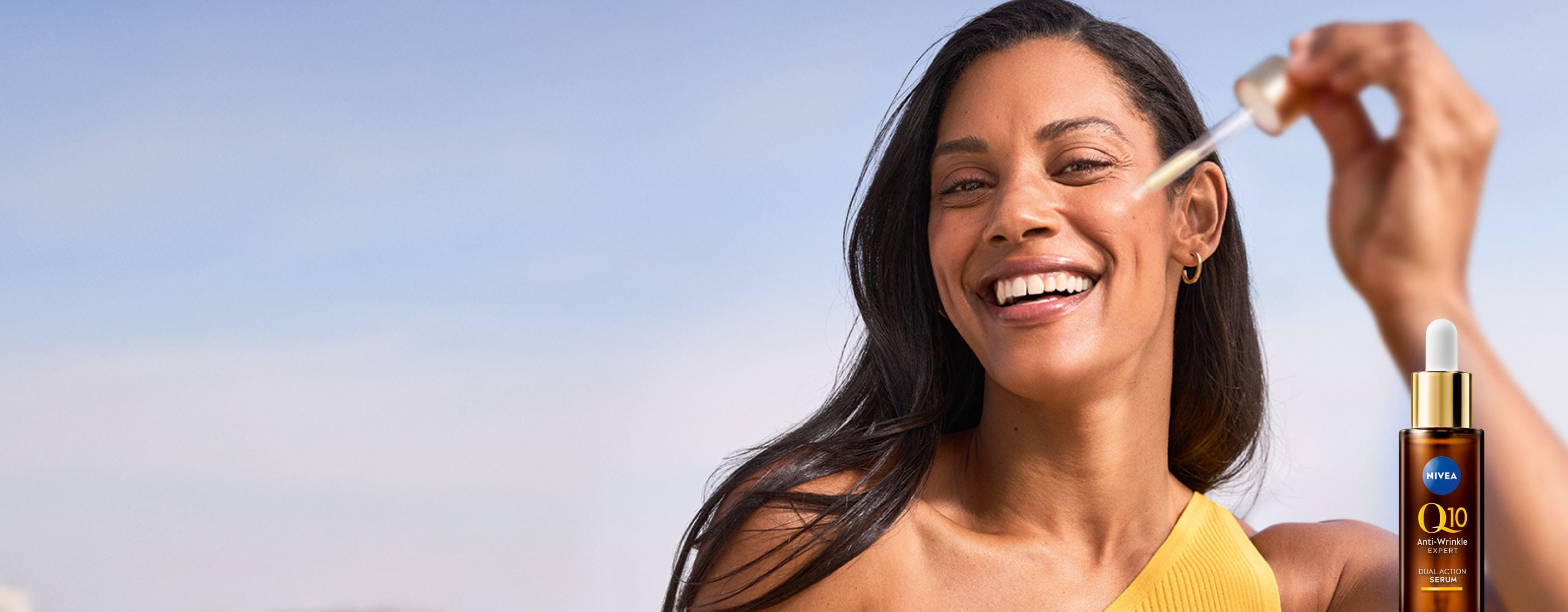
What is Skin Glycation? The Effects of Sugar on Skin
Ever wondered about the effects of sugar on your skin and how you can adopt anti-glycation skincare? Learn more about the process of skin glycation and care you can take to minimise its effects.
Understanding Skin Glycation
WHAT IS SKIN GLYCATION?
Glycation is a natural process in the body where sugars, particularly glucose, bind to proteins in skin such as Collagen and Elastin. This binding leads to the formation of advanced glycation end products (AGEs) that are molecules that form when sugars react with proteins or lipids (fats) in the absence of enzymes. Glycation is a significant cause of damage to the skin as we age, leading to the development of wrinkles and a loss of elasticity.
In the context of skin health, AGEs play a significant role in the ageing process. They can accumulate in the skin over time, leading to the cross-linking and stiffening of proteins such as Collagen and Elastin.
In simple terms, glycation affects the skin's elasticity and suppleness, leading to advanced signs of ageing. Understanding this process is important for adopting preventive measures and maintaining more youthful looking skin.
In the context of skin health, AGEs play a significant role in the ageing process. They can accumulate in the skin over time, leading to the cross-linking and stiffening of proteins such as Collagen and Elastin.
In simple terms, glycation affects the skin's elasticity and suppleness, leading to advanced signs of ageing. Understanding this process is important for adopting preventive measures and maintaining more youthful looking skin.
6 CAUSES OF SKIN GLYCATION
Effects of Sugar on the Skin
IS SUGAR BAD FOR YOUR SKIN?
Sugar can directly impact skin health by binding onto and forming glycated proteins, resulting in increased signs of ageing such as: wrinkles, sagging and a loss of firmness. Sugar molecules can attach themselves to both Collagen and Elastin, causing them to stiffen and making it difficult for them to keep skin strong and supple, resulting in glycated skin.
Excessive sugar, especially refined, increases insulin and inflammation, worsening the impact on your skin. Mindful sugar intake isn't just for health but also preserves skin's youthful appearance and resilience.
Reducing sugar intake is a powerful tool for positively influencing skin appearance, as it can also impact processes like glycation. Picture it as a personalised skincare routine you control through your food choices. When you cut back on sugars, you're essentially giving your skin a breather from the glycation process. Less sugar means fewer chances for those sugar molecules to disrupt Collagen and Elastin. It's a subtle yet effective way to support your skin's natural resilience and maintain a radiant complexion.
Excessive sugar, especially refined, increases insulin and inflammation, worsening the impact on your skin. Mindful sugar intake isn't just for health but also preserves skin's youthful appearance and resilience.
Reducing sugar intake is a powerful tool for positively influencing skin appearance, as it can also impact processes like glycation. Picture it as a personalised skincare routine you control through your food choices. When you cut back on sugars, you're essentially giving your skin a breather from the glycation process. Less sugar means fewer chances for those sugar molecules to disrupt Collagen and Elastin. It's a subtle yet effective way to support your skin's natural resilience and maintain a radiant complexion.
5 SIGNS OF GLYCATED SKIN:
The following are a few signs that sugar may be impacting your skin:
How to treat skin glycation
HOW TO PREVENT SKIN GLYCATION AND SUGAR DAMAGE TO SKIN
Regulating your sugar intake is the simplest step to prevent accelerating skin glycation. Taking preventative measures is a proactive approach to maintaining youthful and healthy looking skin. Here are a few ways to prevent skin glycation or its effects on premature skin ageing:
FACTS OVERVIEW
Skin Glycation
How to treat skin glycation
NIVEA ANTI-GLYCATION SKINCARE ROUTINE:
To date, glycation is unfortunately an irreversible phenomenon, but it is possible to help prevent the formation of glycated proteins and reduce their effects. Getting rid of all signs of glycated skin can be very tricky, after all they are the same as signs of ageing which is a natural process that cannot be avoided. The following routine could help you to minimise the effects of sugar damage on skin:
NIVEA Q10 AGAINST SKIN GLYCATION
How to treat skin glycation
Simple Habits to Limit the Effects of Glycation for All Ages:
SUMMARY
Skin Glycation At a Glance
Understanding and addressing skin glycation is crucial for maintaining youthful looking skin as much as possible. By regulating sugar intake, staying hydrated, following a balanced diet, protecting against, and using anti-glycation skincare like NIVEA's Q10 range, individuals can mitigate glycation's effects. Simple habits like adequate sleep and stress management also support skin health. Embracing these practices can help to promote radiant, youthful looking skin throughout the years.

